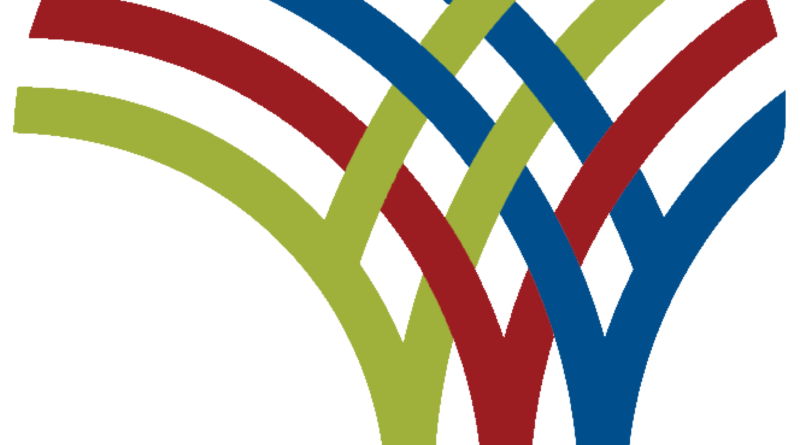Africa: Pre-Primary Education for Children Benefits Everyone
Nairobi — Scholars across Africa are linking conflict prevention and peacebuilding to reducing economic, social and environmental stresses. The African Union’s declaration of 2024 as the ‘Year of Education’ should spur progress. This guest column is among a series of articles that look at such critical issues as food security, which are essential for keeping and building a peaceful world. Peacebuilding reporting on AllAfrica is supported by a grant from the Carnegie Corporation of New York.
On a roadside in Central Uganda, a woman selling charcoal says she barely earns enough to buy food for herself and her eight children. She is determined for her children to go to school and says she believes that pre-primary education is an essential foundation for further learning. But the tuition is expensive.
Despite scholarships for some of her children, she has gone 1 million shillings (US$263) into debt paying their fees and has no idea how she will repay it. She is not alone—millions of parents borrow to pay education fees.
The Ugandan government provides free primary and secondary education but pre-primary education is left to private providers. Families often pay a significant portion of their income to cover fees, but most can’t afford it. At some urban pre-primary schools, fees are higher than the tuition for an engineering degree at Uganda’s largest public university.
Over the past two years, the Initiative for Social and Economic Rights (ISER) and Human Rights Watch have researched access to pre-primary education in Uganda, interviewing over 100 parents, teachers, children, and education officials around the country. Many parents described the insurmountable barriers they faced due to the lack of government-funded pre-primary education.
Extensive research shows that pre-primary education has profound benefits for children throughout their lives. It boosts their educational attainment, health, and employment prospects. Brain development is at its highest in early childhood, so this is a critical time for learning.
Investment in early childhood education has the greatest impact of any human capital intervention.
A cost-benefit analysis of pre-primary education in Uganda concluded that “investments in early childhood have the greatest rate of return of any human capital intervention.”
More than half of the world’s countries now provide at least one year of free pre-primary education, and the number is growing.
Last year, Sierra Leone adopted a law guaranteeing all children 13 years of free education, beginning with one year of free pre-primary. Madagascar adopted a law in 2022 providing one year of free and compulsory pre-primary education. Ghana has guaranteed two years of free and compulsory pre-primary education since 2008; Benin has offered two free years since 2006. Gabon provides three free years.
Some governments express skepticism about providing pre-primary education because of the cost. However, research shows that pre-primary education virtually pays for itself. In Uganda, for example, almost 90 percent of the cost could be covered just through reducing repetition rates and inefficiencies at the primary level.
Many parents enroll their children in primary school before the usual age of 6 because they cannot afford preschool fees. This creates overcrowded classrooms, overwhelmed teachers, and high repetition rates.
Enrolling children in school before they are ready leads to primary classes as large as 250 children.
We saw this recently at a school outside Kampala, where a teacher told us that in the primary 1 class, at least 30 of the 120 students were under the entry age of 6, and that some were only 4. He also said that 40 percent of the class would likely repeat the grade.
Overcrowding is worse in rural areas where preschools are scarce, and families have less money to pay fees. Some primary classes have more than 250 children.
According to the World Bank, every dollar invested in pre-primary education can yield up to $14 in benefits. It boosts tax revenues and GDP by improving children’s employment prospects and earnings, and enabling parents—especially mothers—to increase their income by returning to work sooner. It also reduces public service expenditures in law enforcement, medical care, and the justice system, and reduces rates of child marriage, child labor, and teenage pregnancy.
Sierra Leone has made free education a priority not only for its own children, but for children globally. Together with Luxembourg and the Dominican Republic, it is proposing a new international treaty to guarantee at least one year of free pre-primary and free secondary education for all children. Current international treaties—dating back decades—only guarantee free primary education.
Negotiations this week will consider a proposal by Sierra Leone, Luxembourg and the Dominican Republic for an international treaty supporting better education for all children.
Governments at the United Nations Human Rights Council will decide next month whether to begin treaty negotiations. Meetings begin in Geneva tomorrow. All governments should support this important proposal. In today’s world, a primary education alone is insufficient for children to thrive.

Sign up for free AllAfrica Newsletters
Get the latest in African news delivered straight to your inbox
The African Union’s Agenda 2063, a blueprint for inclusive and sustainable socio-economic development, calls for investments in education, including universal early childhood development. The complementary Continental Education Strategy for Africa, recognizes pre-primary education as “the pillar on which future learning and training are grounded.”
The African Union declared 2024 the Year of Education. This is the time to accelerate access to education for all children, including pre-primary. No child’s access should be limited by their family’s economic situation. Free quality education, from pre-primary through secondary, creates a better future not only for children, but for all.
Angella Kasule Nabwowe is the executive director of the Initiative for Economic and Social Rights (ISER) and Jo Becker is the children’s rights advocacy director for Human Rights Watch. On June 12, ISER and Human Rights Watch jointly published “Lay a Strong Foundation for All Children”: Fees as a Discriminatory Barrier to Pre-Primary Education in Uganda.

